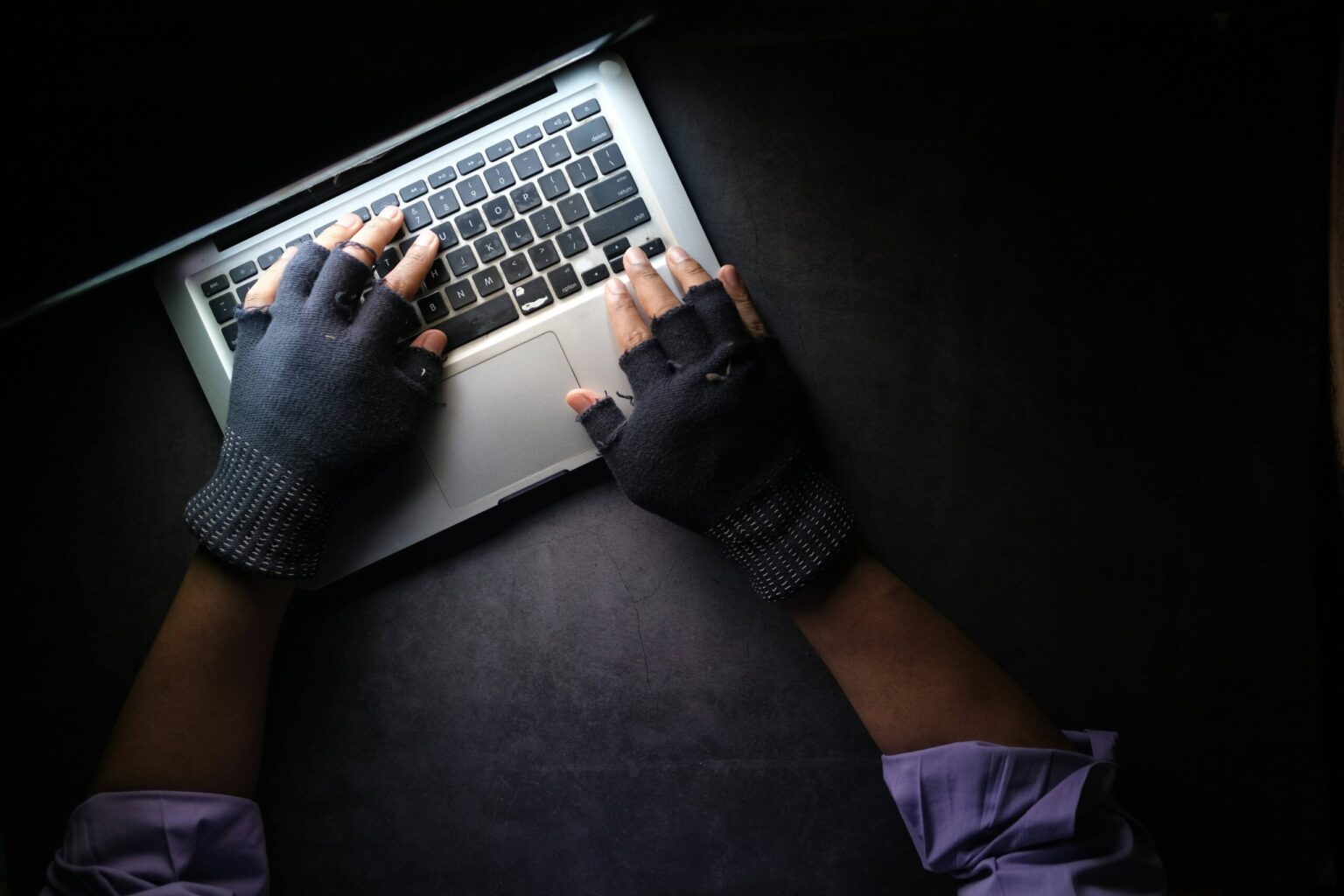Remote work has become significantly more common in recent years, especially after the Covid-19 pandemic forced everybody to stay at home. Since then, plenty of companies have allowed staff to continue working out of office, with some only working from home and others adopting hybrid work situations.
However, while remote work offers plenty of advantages – from saving time and money on travel, working in the comfort of your own home and just generally more flexibility – there are also a number of things that need to be considered in light of safety and security.
Normally, when working in-office, especially at large companies and corporations, employees adhere to the business’s security policies and are protected by its antivirus software and other protocols. However, when you’re out of the office – or if you’re a freelancer working independently – these things may no longer apply. So, it’s up to you to maintain your professional safety and security while working remotely.
Top Tips for Improving Cybersecurity for Remote Workers
There are plenty of things you can do to improve cybersecurity in your remote working situation. From implementing new protocols to simply ensuring that you’re aware of risks to be aware of, here are some tips for improving cybersecurity for remote work.
Adhere to the Basic Cybersecurity Protocols
There are some fairly simple security measures that can be taken to make your situation moderately more safe:
- Scan devices for malware and viruses using reputable software.
- Make sure all software you use is always up to date.
- Never click on links you don’t know or receive from unknown senders.
- Ensure that your hardware is always secure when you’re not using it – don’t leave phones or laptops open and unattended at coworking spaces or coffee shops.
- Use a VPN for remote connections.
These protocols won’t necessarily protect you from everything, but they’ll help make a good start.
Ensure That Your Wi-Fi Networks Are Secure
Not only should you only work on a known Wi-Fi source, you should also make sure that the network is secure.
If you’re working via non-secure networks, you’re more likely to be vulnerable to malware or other types of cybersecurity attacks and data breaches.
To make your home Wi-Fi as secure as possible, make sure it’s password protected (and that you change your password often), ensure that the network is protected by a firewall installed on your router and if possible, use WPA-3 level security.
Keep Communication Secure
Sometimes, it may be your communication with colleagues that make you vulnerable, depending on what kind of information you’re ensuring.
A few things you can do include:
- Use an encrypted messaging platform or CMS
- Make use of company email addresses (that are end-to-end encrypted)
- Share work-related files through specific channels only, like Google Drive
- Keep work communication to a single platform
It can be easy to slip into more casual methods of communication when you’re working remotely, but it’s really important that you maintain security.
Be Aware of Managing Sensitive Data Carefully
When you’re dealing with sensitive data, make sure you’re very careful about how you deal with it. That means where and how you save it, how you send it on and more. Make sure you only use secure channels and communicate about it carefully.
Use Multi-Factor Authentication (MFA)
Make sure that you implement multi-factor authentication on all your devices. This means that when you login, you’ll have to put in your password as well as something else. This may be a pin, some kind of biometric verification option or something else.
By using MFA, your devices will immediately be far more secure as it’s significantly more difficult to login.
Backup Your Data Regularly
Backup your work data frequently to avoid losing important information in the case of a data breach or something or some kind of hardware failure.
Backing up your data to the cloud can be a really good idea as it means your information is accessible from anywhere at any time.
Be Aware of Social Engineering
Social engineering is the practice of somebody trying to obtain the trust of an employee or individual in order to gain access to secure company information. This may be in the form of:
- Phishing
- DNS Spoofing
- Scareware
- Baiting
The best way to protect yourself from social engineering attempts is to make sure you’re aware of the various methods that are commonly used so that you can identify them if they pop up.
Keep Up with Changing Trends in Security
Best practice in cybersecurity is constantly changing, so try and keep up to date with innovations in the cybersecurity industry. That way, you’ll never be left behind and you’ll always have access to the best security systems.




